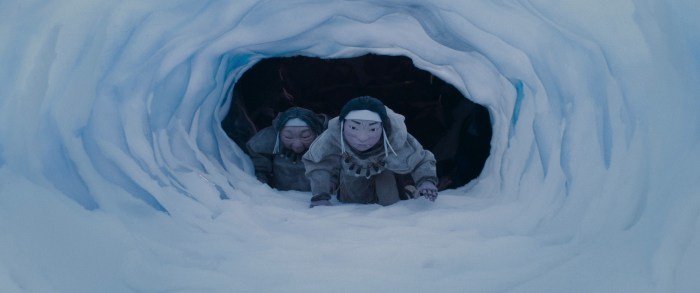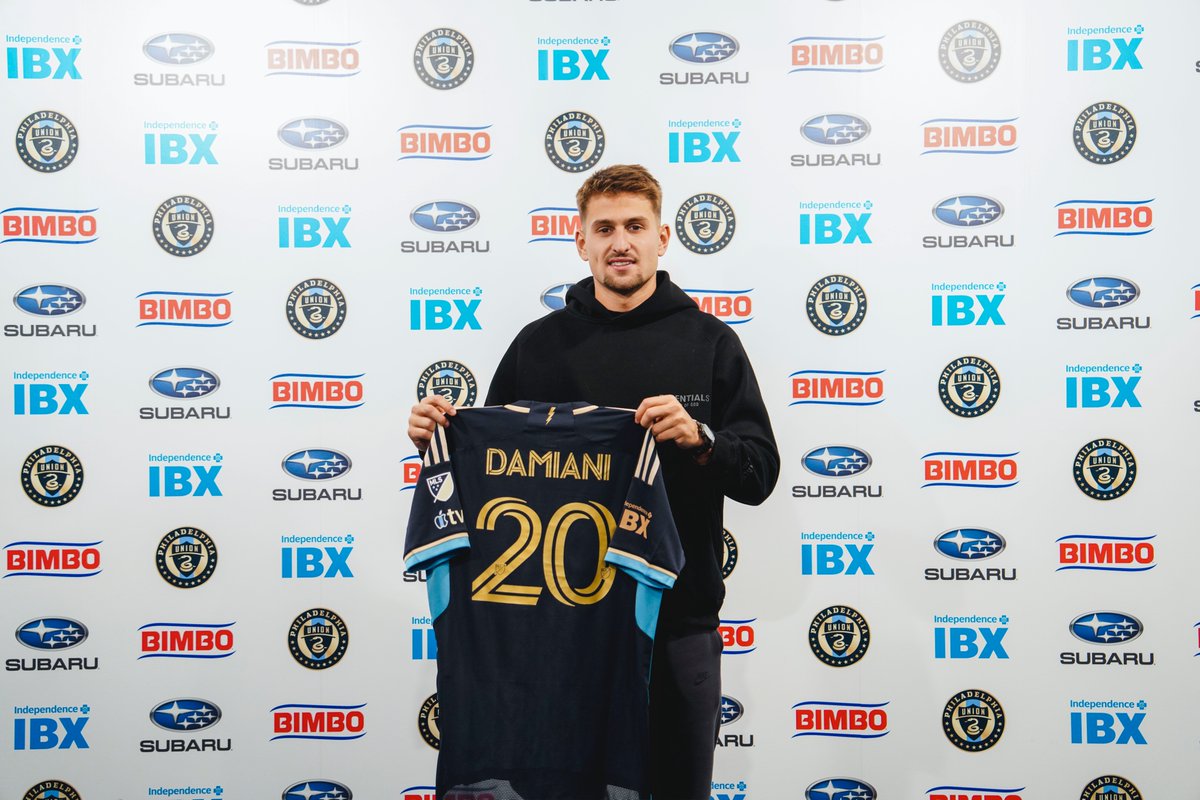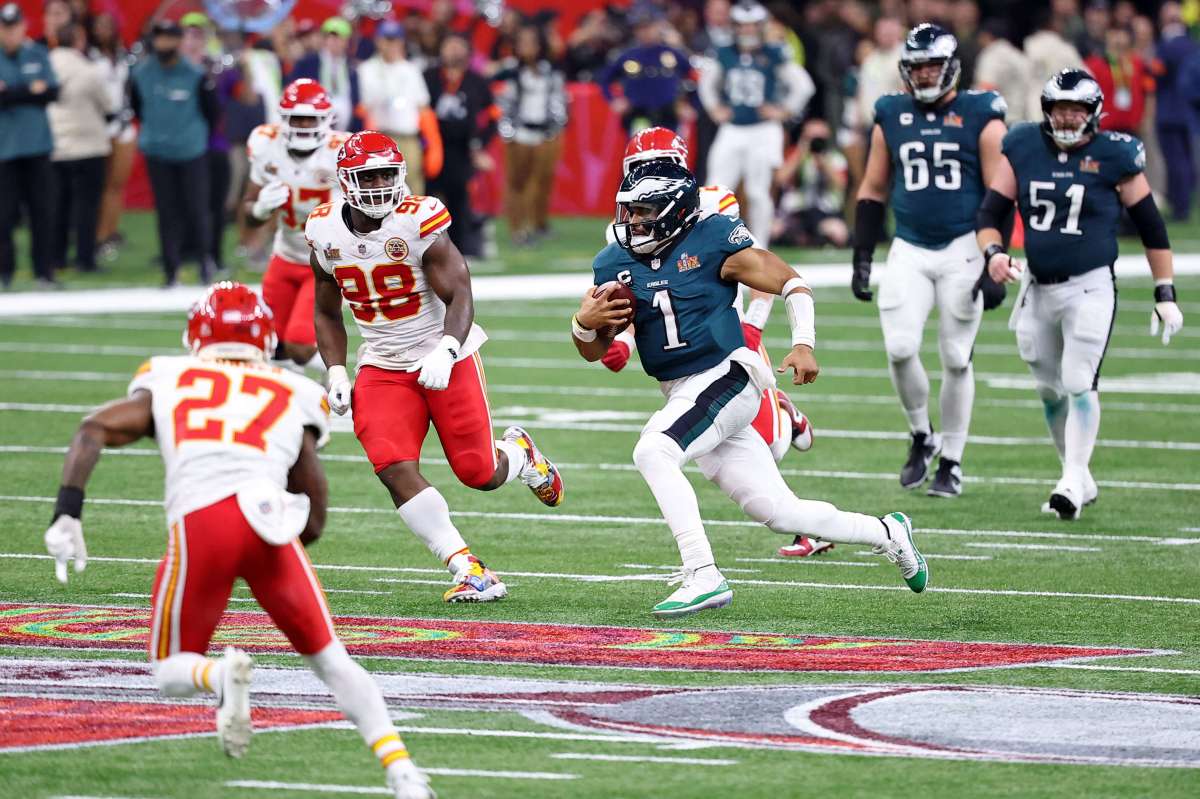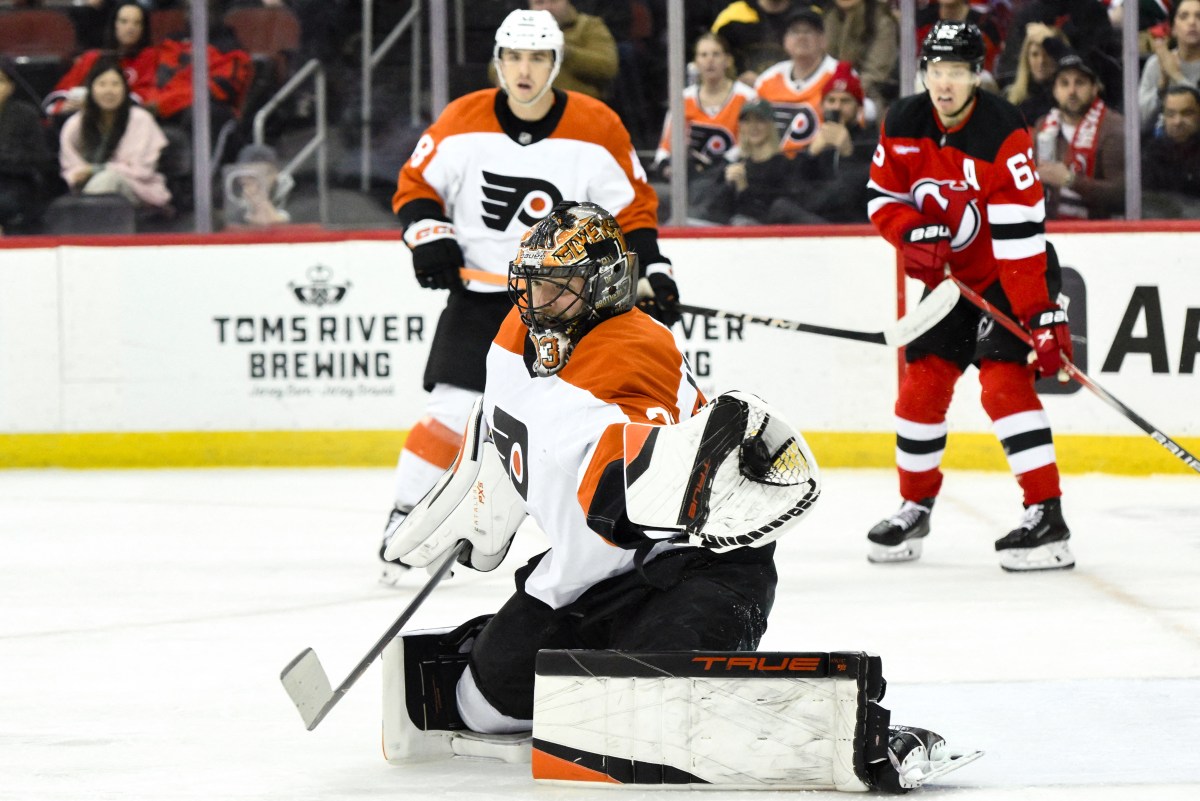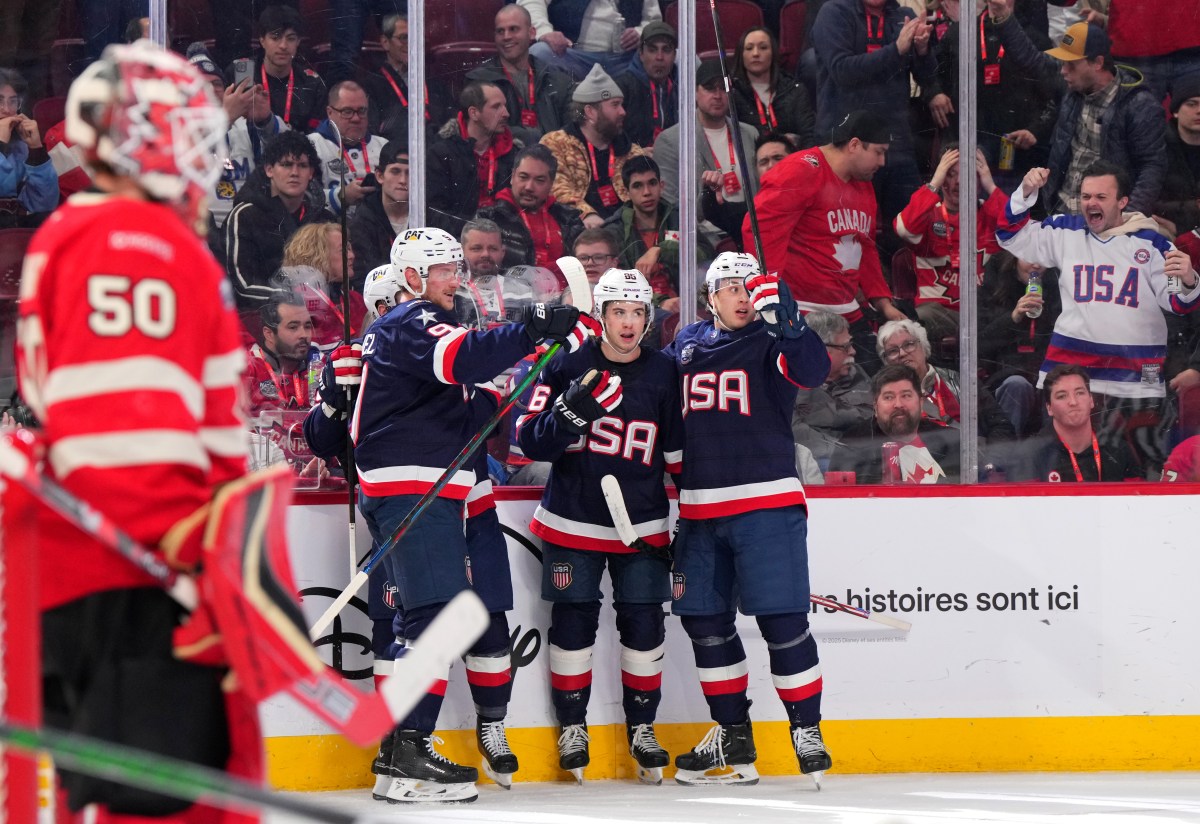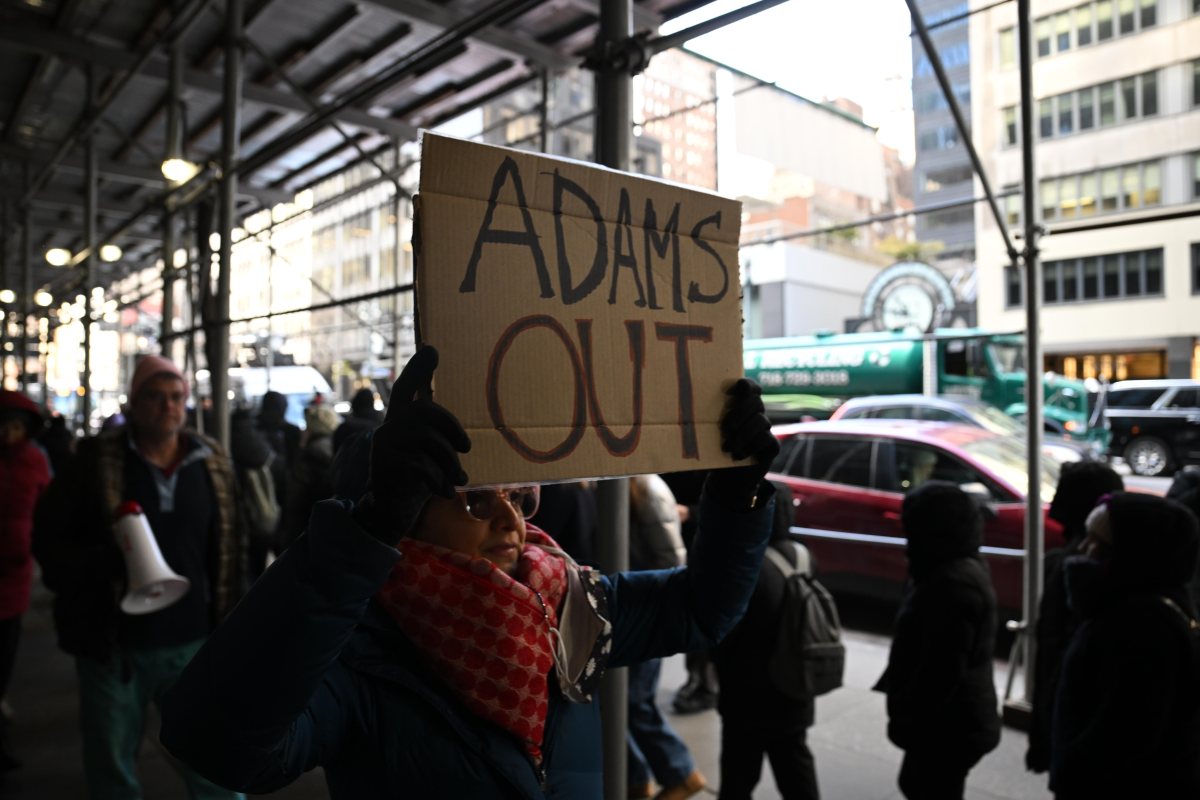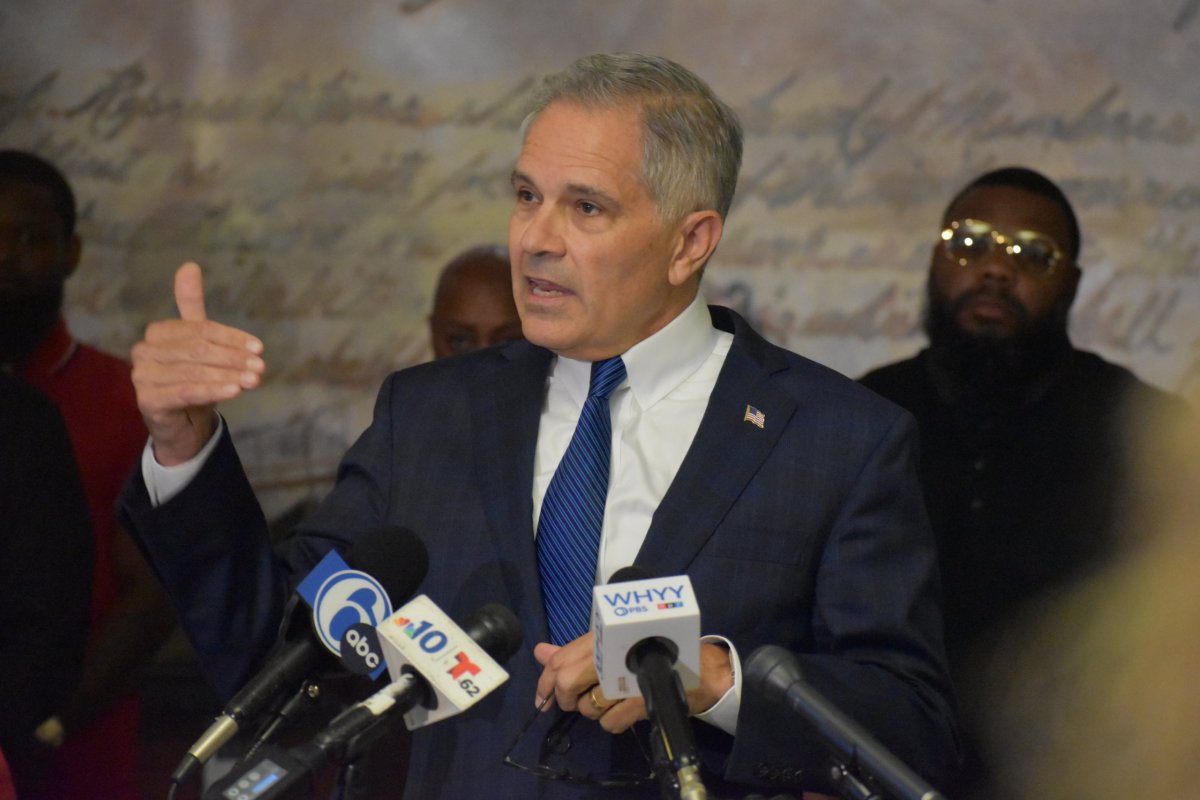FRANKFURT, Germany (AP) — A price cap and European Union embargo on most Russian oil have cut into Moscow’s revenue from fossil fuels, but the Kremlin is still earning substantial cash to fund its action in Ukraine because the $60-per-barrel cap was “too lenient,” researchers said Wednesday.
The combination of the cap by the Group of Seven major democracies and the EU ban are costing Russia an estimated 160 million euros ($171.9 million) per day, the Helsinki-based Centre for Research on Energy and Clean Air said in a study of the first weeks of the sanctions, which took effect Dec. 5.
But the group’s figures showed that Russia was still taking in 640 million euros a day from fossil fuels, down from 1 billion euros daily from March to May 2022 just after the Kremlin sent troops into Ukraine on Feb. 24.
Russia would lose an additional 120 million a day starting Feb. 5, when the EU bars imports of refined oil products such as diesel fuel, for which Russia is a major supplier. That would drop Moscow’s earnings to an estimated 520 million euros a day by February.
Kremlin spokesman Dmitry Peskov said Wednesday that he would view such assessments with skepticism.
Peskov noted that in case of lowering the cap, “Russia will do everything to protect its interests,” adding that “Russia will balance its interests, and the market would allow to do that.”
Russian Finance Minister Anton Siluanov said at a Cabinet meeting Tuesday that last year’s revenue was higher than planned thanks to oil and gas prices exceeding expectations. He said the government used the extra revenue to increase social spending.
The research group said Russia still managed to make 3.1 billion euros in revenue shipping oil under the price cap, reaping 2 billion euros in tax income. Lowering the cap to $25-$35 per barrel would almost completely eliminate the tax income by putting the price much closer to Russia’s cost of production.
The current price cap is above the market price for Russian oil and remains in the range of what Moscow needs to balance its budget.
Western governments have struggled to find a way to cut into the fossil fuel income that is the main funding source for Russia’s government budget and its military action in Ukraine. Early rounds of sanctions mostly avoided blocking oil and natural gas shipments. That’s because the European Union had been heavily dependent on Russian fossil fuels to run its economy and because sharply higher energy prices early in the conflict helped send inflation through the roof in Europe and the United States.
The Group of Seven major democracies came up with the price cap as a solution to keep Russian oil flowing to other parts of the world and avoid sharply higher energy prices while still cutting into the Kremlin’s income. The cap is enforced by barring insurers, mostly based in the West, from handling Russian oil shipments priced above the cap. The EU oil embargo blocks the bulk of Russian oil — that coming by tanker.
Lowering the cap could have unpredictable effects because President Vladimir Putin has said Russia will not sell oil to countries obeying the cap, a threat which has not materialized because the cap is above the market price.
Oil markets, however, are now less focused on a potential loss of Russian oil than on weak demand from a slowing global economy, and prices have fallen.
Russian Deputy Prime Minister Alexander Novak said Wednesday that Russian oil traders faced demands to take the price cap into account while signing new contracts but maintained that they resisted.
Novak told Putin that Russian oil sold at a higher discount in January because of higher transportation costs but argued that it will be temporary.
“Discount is the main risk now,” Novak told Putin via video link. “The second one is the embargo on supplies of oil products and the price cap. We will take all the necessary measures to ensure supplies to new markets along with logistics and transportation.”
Putin told Novak to report specific proposals to him.
“We need to monitor the discount to make sure that it doesn’t create any problems for the budget,” Putin said.
The research center compiling the estimates called for restrictions on the sales of old tankers to prevent Russia, its allies and related traders from assembling a replacement fleet to circumvent the oil price cap and to strengthen penalties for dodging the cap by increasing penalties.
Isachenkov reported from Moscow.





